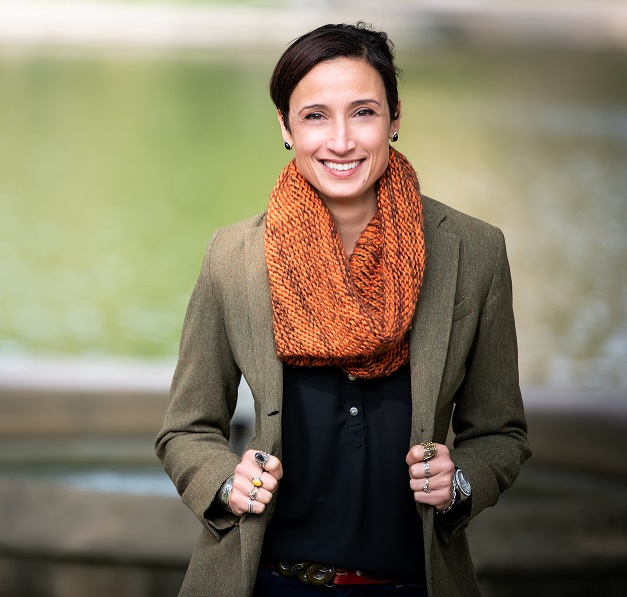
I’m Brandy Schillace, Editor in Chief of BMJ’s Medical Humanities Journal, an official journal of the Institute of Medical Ethics. We’ve spent the last four years working toward social justice, accessibility, global outreach, and inclusivity. We’ve welcomed research and writing from the LGBTQ and disability community, and included podcasts with activists and others dedicated to equity and justice. But there have remained hurdles for many researchers across the world. Those in under-funded areas, in vulnerable communities, and in the Global South struggle to be represented in our journals. We at Medical Humanities want to create a path to publication through the utility of Special Issues. Right now, we have our first candidate proposal—Finding Joy in Africa. The issue won’t publish until 2024, but in the two year interim, guest editors will host workshops and a mini-conference, and we will work closely with them to help support contributions through that process. We are seeking Special Issue submissions right now from India, Southeast Asia, Latin America, Africa, and Oceana.
We are also looking for medical humanities submissions from all the wonderful and varied fields that make up our journal—from history and literature to healthcare, anthropology, and sociology. We are particularly interested in hearing FROM–rather than just “about” marginalized communities. Are you a disabled scholar? We welcome your work. LGBTQIA? We look forward to hearing from you. We seek submissions from Black scholars, Latino scholars, social justice advocates, women in both STEM and humanities, and others who are doing work at the intersection of health and humanity.
Not sure if your work fits our purview? We have a lot of open access pieces. Here is a list of representative pieces. And don’t forget, we also have a blog and a podcast.
We want you to join the conversation!
OPEN ACCESS EXAMPLES:
- Critical orientations for humanising health sciences education in South Africa
- ‘A Procedure Without a Problem’, or the face transplant that didn’t happen. The Royal Free, the Royal College of Surgeons and the challenge of surgical firsts
- Food hygiene, public health education and citizenship in Britain, 1948–1967
- “If we can show that we are helping adolescents to understand themselves, their feelings and their needs, then we are doing [a] valuable job”: counselling young people on sexual health in the Brook Advisory Centre (1965–1985)
- After the madhouses: the emotional politics of psychiatry and community care in the UK tabloid press 1980–1995
- Women’s voices, emotion and empathy: engaging different publics with ‘everyday’ health histories
- Hearing spiritually significant voices: A phenomenological survey and taxonomy
- Imagining the postantibiotic future: the visual culture of a global health threat
- The use of an object: exploring physician burnout through object relations theory
- Walking in rhythm with Deleuze and a dog inside the classroom: being and becoming well and happy together